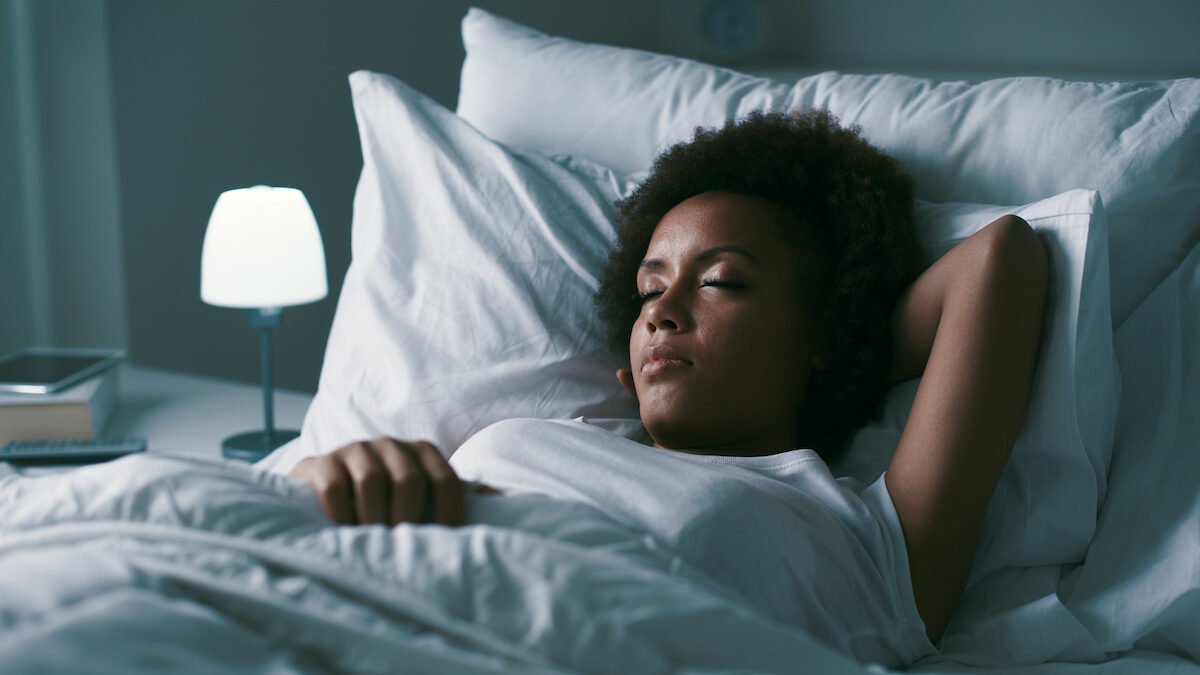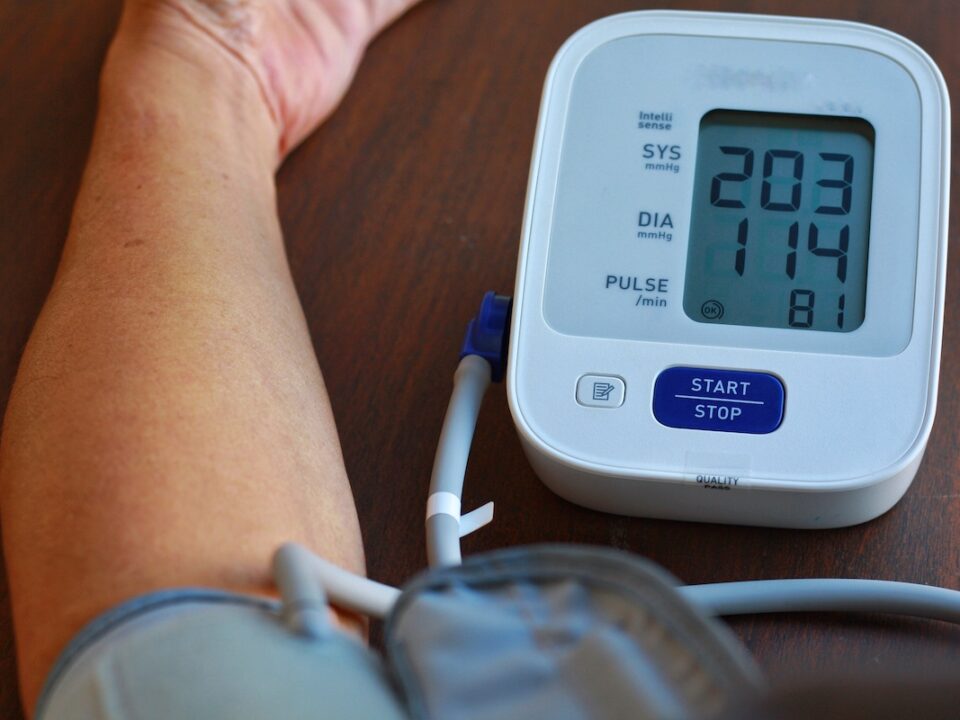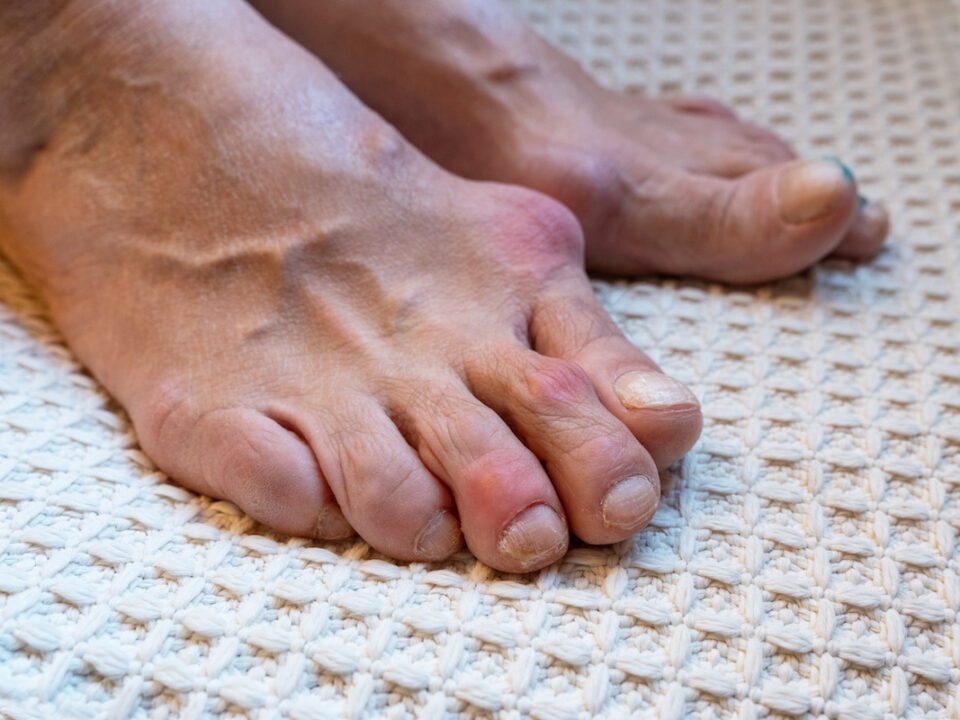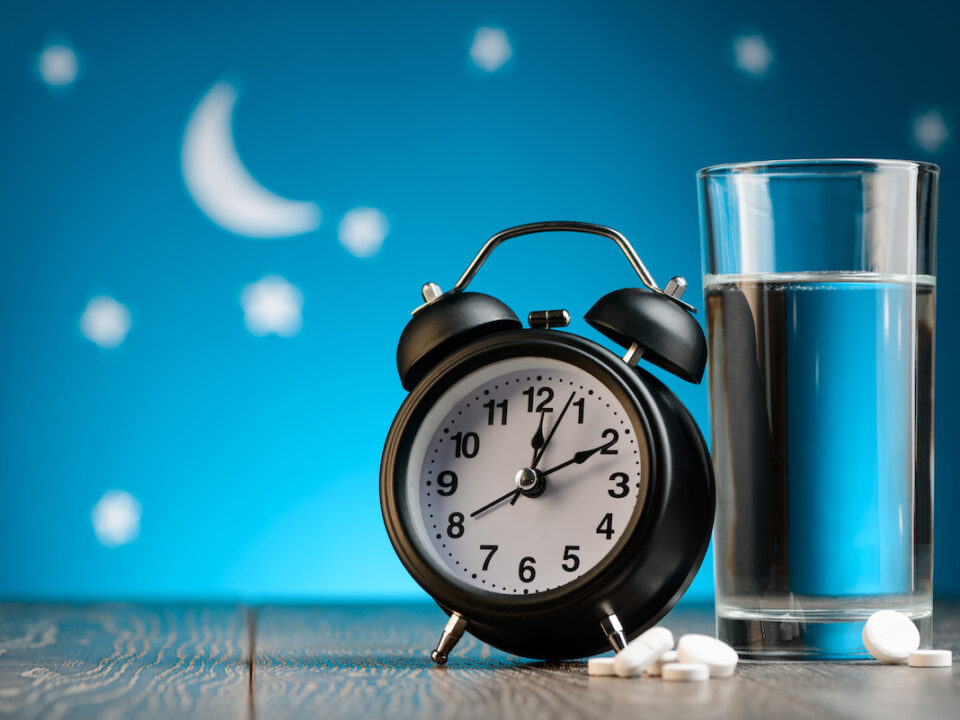The Guide to Getting a Good Night’s Sleep

It’s no secret that getting a good night’s sleep is essential for physical health, mental well-being and productivity, but with the stresses of modern life, it can be difficult to achieve. Sleep problems can be caused by many factors — poor quality of sleep, lack of sleep or disturbed sleeping patterns — but the important thing is that they’re not ignored.
Below you’ll find some advice on how to improve the quality of your sleep, including a number of tips on cutting down on screen time before bed and a couple of other factors you might not have considered.
First, let’s discuss some issues you may run into if you do not get enough sleep at night.
Common Problems Stemming from Lack of Sleep
Sleep problems are often the cause of negative emotions, habits or behaviors and can be a powerful predictor of health. Insufficient, poor quality or disturbed sleep can be linked to:
Anxiety from lack of sleep – do you experience anxiety from lack of sleep? Do you find yourself worrying about tomorrow’s to-do list or something silly you said back in 2005? You might find it harder to concentrate or you may even find yourself lacking motivation and energy.
Depression – Depression can interrupt healthy sleep patterns. People suffering from depression may have trouble sleeping and experience fatigue during the day. When you have depression, you may find that you sleep too much or too little.
Poor memory and cognitive abilities – Without adequate sleep, you can easily experience memory loss and other symptoms of cognitive issues including brain fog, forgetfulness and impaired reasoning ability. So not only does lack of sleep make you feel worse, it makes it harder to understand your body and manage your symptoms.
Lack of energy – When you feel tired and unwell, you also feel less motivated. You don’t force yourself to exercise, you feel too guilty for not doing chores and you just don’t have the zest for anything.
Poor physical health – Can lack of sleep result in poor physical health? Yes. Lack of sleep can also cause a number of serious health issues, including heart disease and diabetes. Not to mention it can make you look older.
Headaches – If you aren’t getting enough sleep, you may discover that you have frequent headaches. This is because your brain is not getting the rest it needs.
Irritability – If you are experiencing mood swings, you may not be getting enough sleep.
Trouble focusing – If you are having trouble focusing and concentrating when you need to, it may be because you aren’t getting enough sleep.
How Much Sleep do You Need?
Now that you know the issues that lack of sleep can cause, how much sleep do you really need to stay healthy? That depends on many factors, including your age, gender, health, and stress level.
It could be as little as 7 hours per night for some people, while others may need 10 or more.
Your genetic makeup and sleep schedule may also play a role. For example, adolescents need about 9 hours of sleep each night.
The average adult reportedly needs 8 hours of sleep. The answer seems to depend on your age and gender. Meanwhile, the National Sleep Foundation recommends 7 – 9 hours a night for adults under age 65 years old.
If you aren’t getting adequate sleep, you might be sleep deprived.
Top Signs that You’re Sleep Deprived
What is sleep deprivation? According to the National Sleep Foundation, it is a situation in which a person’s need for sleep is not met. Sleep deprivation can be short-term (less than 24 hours) or long-term (more than a week).
Sleep deprivation is very harmful to your health. It negatively affects your mood, concentration, memory, coordination, and overall well-being. It can also increase your risk of getting into an accident.
Here are the signs that you might be sleep deprived:
- You’re agitated and irritable
- You’re indecisive
- You feel sad or depressed
- You’ve lost your short-term memory
- You’re disoriented
- You have trouble concentrating
- You can’t solve simple problems
- You’re forgetful
- You’re drowsy or falling asleep at inappropriate times
How to Get a Good Night’s Sleep
Whether you are sleep deprived or you are concerned about the quality of sleep that you’re getting, we’re here to show you how to get a good night’s sleep. These steps can help you improve your quality of life and feel rested when you wake up.
Create a Relaxing Evening Routine
Think about how you spend your evenings. Is it spent in chaos, or do you take time to wind down when the day is done? A relaxing evening routine is important for the quality of your sleep.
Here are a few tips to help you relax and get the sleep you need:
- One of the most important steps in creating a relaxing evening routine is to set aside time to unwind. Try to have a routine that includes a little bit of time for each of the following activities.
- Take a hot bath or a shower.
- Take a few minutes to read a book.
- Listen to music.
- Do some meditative breathing.
If you don’t wind down and relax your body, it will make it that much more difficult to calm your mind. This can lead to racing thoughts as you’re trying to fall asleep.
Go to Bed at the Same Time Every Night
If you stay up late on the weekends and sleep in, you might want to change this habit for a better night’s sleep. Try to get to bed at a regular time most nights of the week. Go to bed and wake up at the same time every day. (Note: If it’s not realistic for you to go to bed and wake up at the same time every day, try to go to bed and wake up at the same time every weekday.)
If you stay up late on the weekends and sleep in, you might want to change this habit for a better night’s sleep.
Set an alarm clock to wake you in the morning. This will prevent you from oversleeping.
Always set your eyes on the clock when going to bed. It will help you remember your bedtime.
Don’t Watch TV in Bed
It’s tempting to watch a little news or a sitcom before bed, but this is another habit to break for your sleep cycle. The bright light from the screen can keep you up. If you need to wind down before bed, try reading a book or a physical paper magazine.
Avoid Screens
Not only do you need to avoid the TV before bed, but you should put your phone away as well. Researchers suggest that the blinking lights and bright screens from the phones will inhibit your body from producing melatonin, which is needed for a good night’s sleep.
Don’t go to Bed Hungry
Have a snack if you’re hungry before bed. A small, high-protein snack can help your body produce the hormone melatonin, which makes you sleepier. Try a glass of milk, a small piece of cheese, a few nuts, or a handful of raisins.
Need more ideas? Here are a few midnight snacks that won’t mess with your sleep.
Avoid Caffeine
It’s no secret that the purpose of caffeine is to keep you awake. This is why it’s so important to be mindful of caffeine consumption during the day. Caffeinated beverages have varying levels of caffeine content. It’s necessary to understand the caffeine content of the drinks you are consuming, so you can manage your caffeine intake throughout the day.
Coffee is the most common source of caffeine, but tea and soda also contain caffeine.
How to Fall Asleep Fast
These are great tips to get better sleep at night, but you might wonder how you can fall asleep fast. The truth is, there are many different ways to fall asleep faster. You can use all of these different methods to develop a decent bedtime routine.
One great way to fall asleep faster is to read. Some people prefer to read something that is boring before bed. This relaxes your muscles and helps ease you into a state of rest. It is a quick and effective way to fall asleep fast.
Another way to fall asleep faster is to use a breathing relaxation technique. The 4-7-8 breathing technique is one of the most well-known breathing exercises and can be used to fall asleep in just a few minutes. You can click here to learn more about the 4-7-8 breathing technique.
Trouble Sleeping? Schedule an Appointment with Us
Poor quality sleep can be a symptom of a physical condition or mental illness. If you need help with your sleep, please contact us for an appointment. We can discuss your sleep issues in detail while evaluating your lifestyle, giving you custom advice to getting a good night’s sleep.



